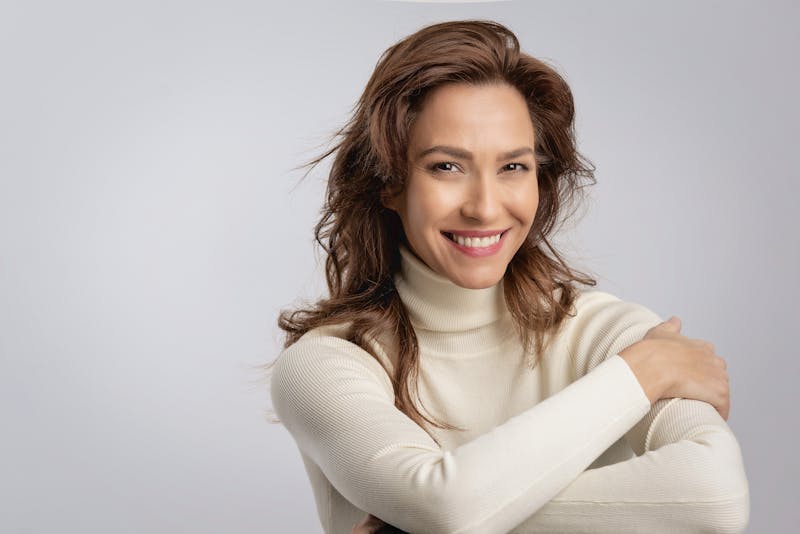
The Art of Upper Blepharoplasty: Precision, Preservation, and Natural Results
By Dr. Amir Moradi, MD, MBA | Facial Plastic Surgeon | Moradi MD, Vista, California
Our upper eyelid surgery, also known as upper blepharoplasty, is one of the most impactful procedures in facial plastic surgery. It can dramatically rejuvenate the appearance of the eyes while improving the upper visual field in patients with excess skin or eyelid hooding. But like all refined aesthetic procedures, the difference between a good result and a great one lies in the details.
As a facial plastic surgeon with thousands of blepharoplasty cases and international presentations on the subject, I’ve developed and refined a technique focused on muscle preservation, structural integrity, and natural outcomes.
The Problem with Over-Aggressive Techniques
In traditional upper eyelid surgery, it’s not uncommon to see excessive removal of fat or muscle in pursuit of a tighter appearance. Unfortunately, these overly aggressive methods can result in:
- A hollow, “overdone” look
- Accelerated signs of aging
- Disruption of natural contours and expressions
- Long-term eyelid function issues
What may initially appear as a youthful “tightening” can quickly evolve into a surgical look that lacks expression, vitality, and balance.
That’s why our modern blepharoplasty surgery must do more than just remove tissue—it must respect the anatomy.
My Technique: Precision in Every Layer
1. Incision Placement
I place the incision within the natural upper eyelid crease, typically around 10 mm above the lash line. This location is carefully measured with the patient in an upright position to ensure optimal visibility and symmetry. Once healed, the incision is virtually invisible, even at close range.
2. Muscle Preservation
A key distinction of my technique is preserving the orbicularis oculi muscle—the muscle responsible for eyelid closure and normal blinking. Rather than cutting or removing this muscle, I gently elevate the skin and a thin segment of muscle as a single unit. This protects:
- Natural eyelid movement
- Blinking and tear film function
- The long-term integrity of upper eyelid anatomy
3. Fat Pad Contouring, Not Removal
Instead of removing fat indiscriminately, I evaluate the medial and central fat pads and sculpt them only where puffiness disrupts the natural lid shape. The goal is to maintain volume where it supports youthfulness and expression, preventing the hollow or sunken appearance often associated with older surgical techniques.
4. Skin Redraping with Minimal Tension
After addressing underlying structures, I remove only the skin necessary to restore smoothness and definition. Redraping the skin under minimal tension ensures natural results and avoids the stretched or tight look.
Aesthetic Results That Preserve Function
This preservation-focused method reduces the risk of complications such as:
- Dry eyes
- Lagophthalmos (incomplete eye closure)
- Compensatory brow lifting
- Unnatural animation or expression
Instead, it delivers refreshed, bright eyes while protecting the delicate balance of eyelid anatomy.
Internationally Recognized, Locally Available
I’ve presented this technique at aesthetic surgery conferences across the globe, contributing to the growing momentum behind preservation-based blepharoplasty. But what has earned international attention is available here in Vista, California, serving patients throughout North County San Diego.
Is Upper Eyelid Surgery Right for You?
If you’re noticing:
- A tired or aged appearance
- Difficulty applying makeup due to upper lid skin
- Eyelid heaviness or sagging
- A desire to appear more refreshed and alert
...you may benefit from our upper eyelid surgery. Consultations at Moradi MD include a detailed facial evaluation and a customized plan designed to enhance your natural expression—not alter it. Contact us today.
Schedule Your Consultation
Moradi MD – Vista, CA
📍 2023 W Vista Way, Suite F, Vista, CA 92083
📞 (760) 726-4245
🌐 www.moradimd.com

